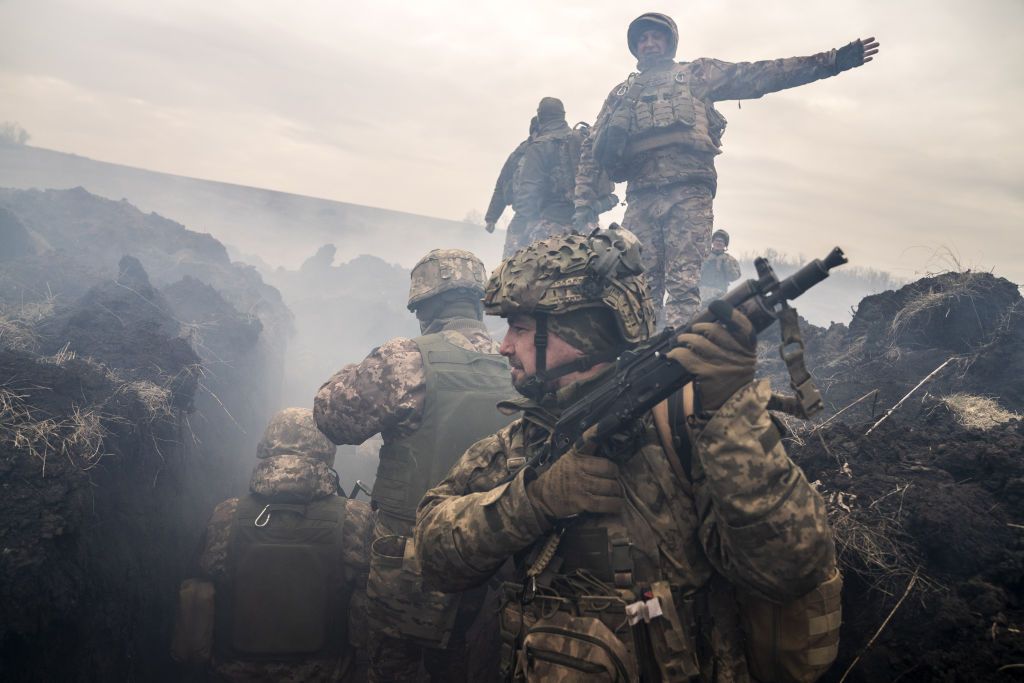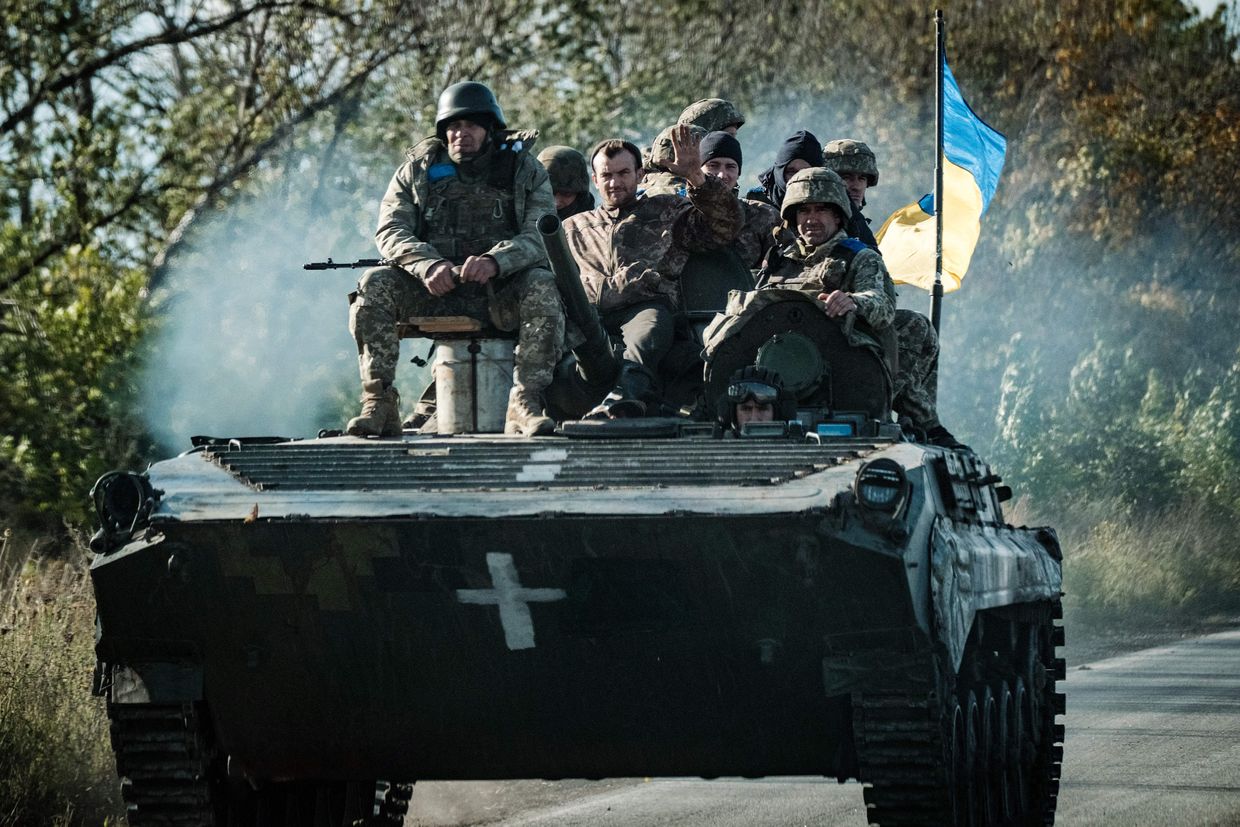Syrskyi: 500,000 mobilization figure ‘significantly reduced’

The number of people who need to be mobilized has been “significantly reduced” from the initially proposed 500,000, Ukraine’s commander-in-chief said on March 29.
In an interview with Ukrinform, Oleksandr Syrskyi said the figure had been reviewed and “we expect we will have enough people capable of defending,” though he did not specify the new estimates.
In December, President Volodymyr Zelensky said Ukraine's military leadership – then headed by Valerii Zaluzhnyi – had proposed to mobilize 450,000-500,000 additional conscripts in order to ensure sufficient rotation of troops from the front lines.
“They are exhausted, physically and psychologically, especially in combat conditions,” Syrskyi said, adding that “the 110th combat brigade was involved in the Avdiivka direction from the beginning of the full-scale invasion.”
“They need to recover and rest, and this is an objective necessity. And there are many such units,” Syrskyi added.
Syrskyi stressed that those who are mobilized are not “immediately sent to the front.”
“With very special exceptions, for example, when a person already has combat experience, the vast majority of these individuals arrive at training military units and centers,” he said.
A draft law on mobilization is currently being amended by lawmakers, and proposes to lower the enlistment age and introduce basic military training for adults.
In early February, Ukraine's parliament passed the updated bill on mobilization in the first reading, a few weeks after its initial, contentious version was withdrawn.
The draft law proposes the mobilization from the age of 25 to 60, according to the ministry. Citizens from the age of 18 can choose the time of basic military service.
In addition, regardless of basic military training or service, they will receive a deferral until they reach the conscription age.
According to the bill, basic military training will be introduced in higher education institutions starting in 2025, with certain categories of citizens exempted from it.
Basic military service will be introduced instead of conscript service and will last five months in peacetime and three months in wartime.
More than 4,000 amendments to the bill have been submitted since its passing in the first reading.












